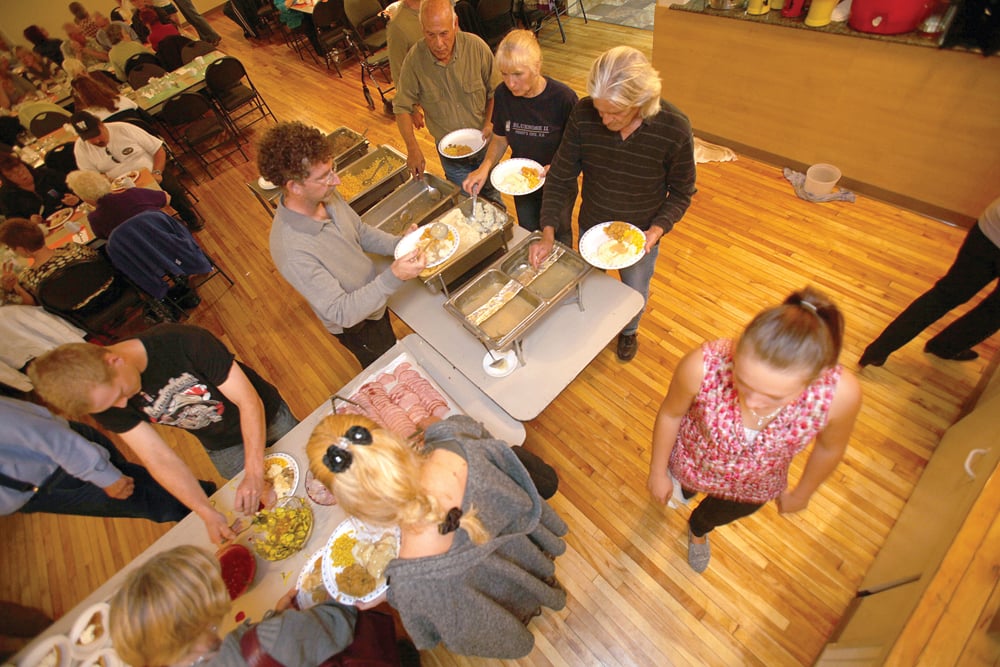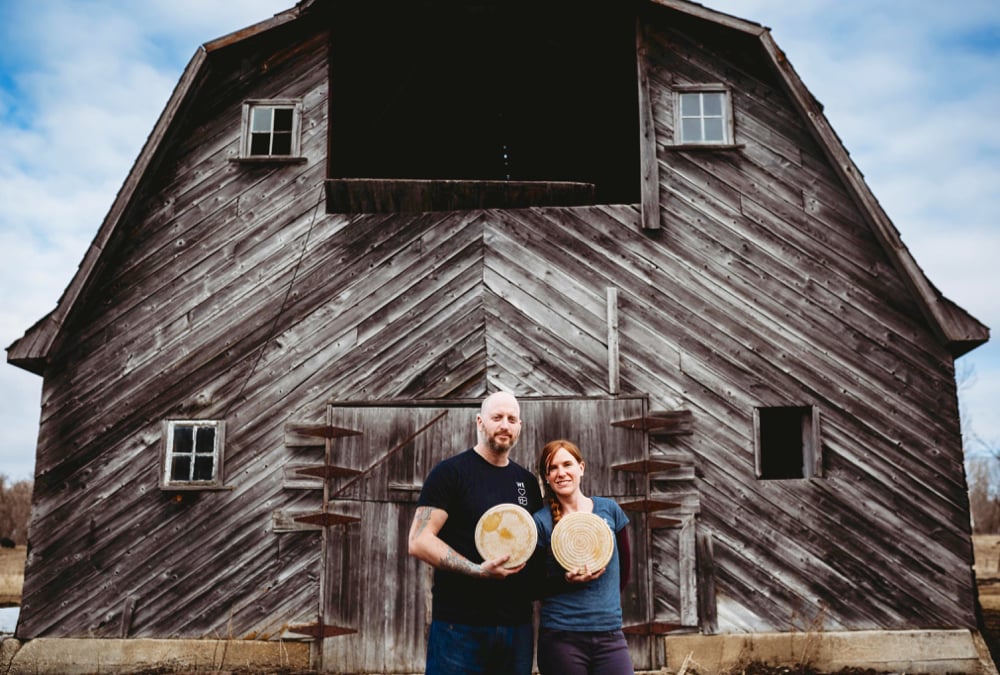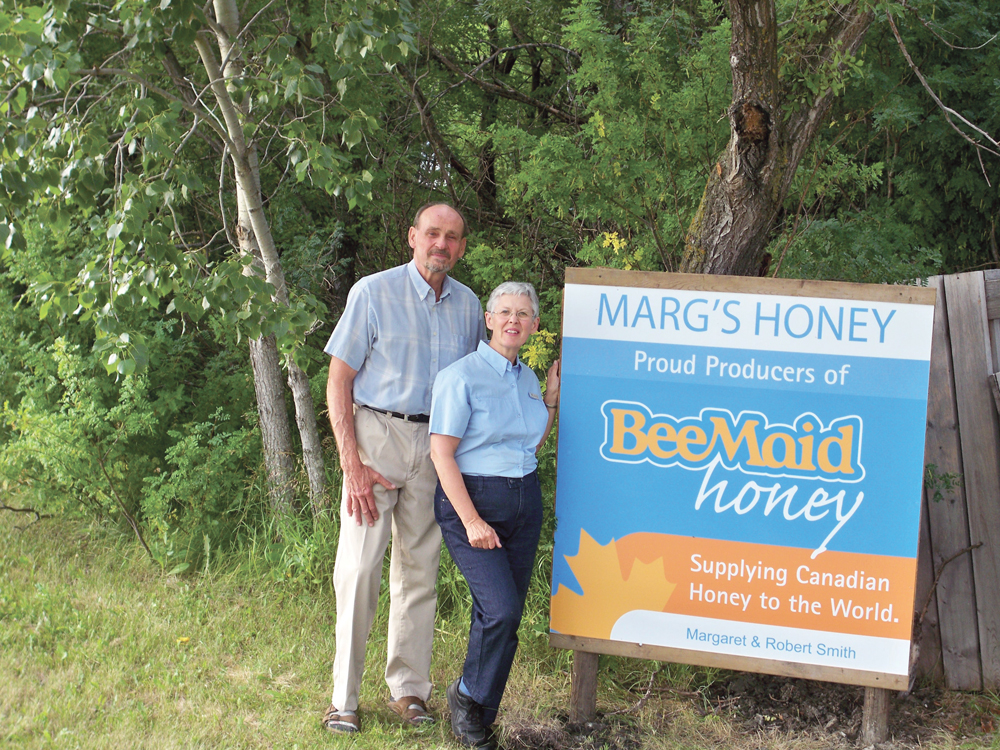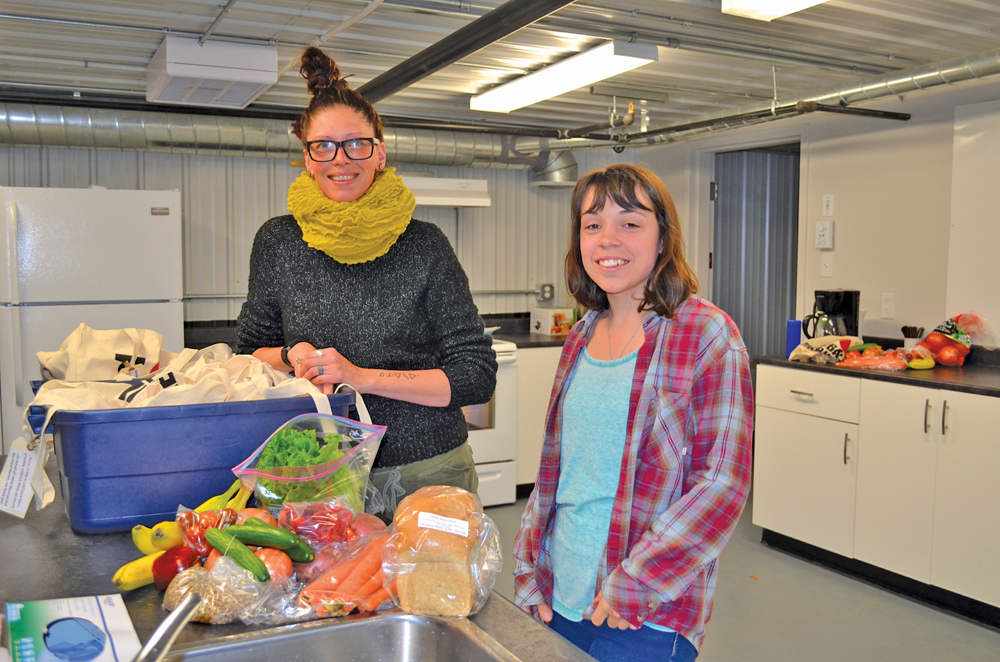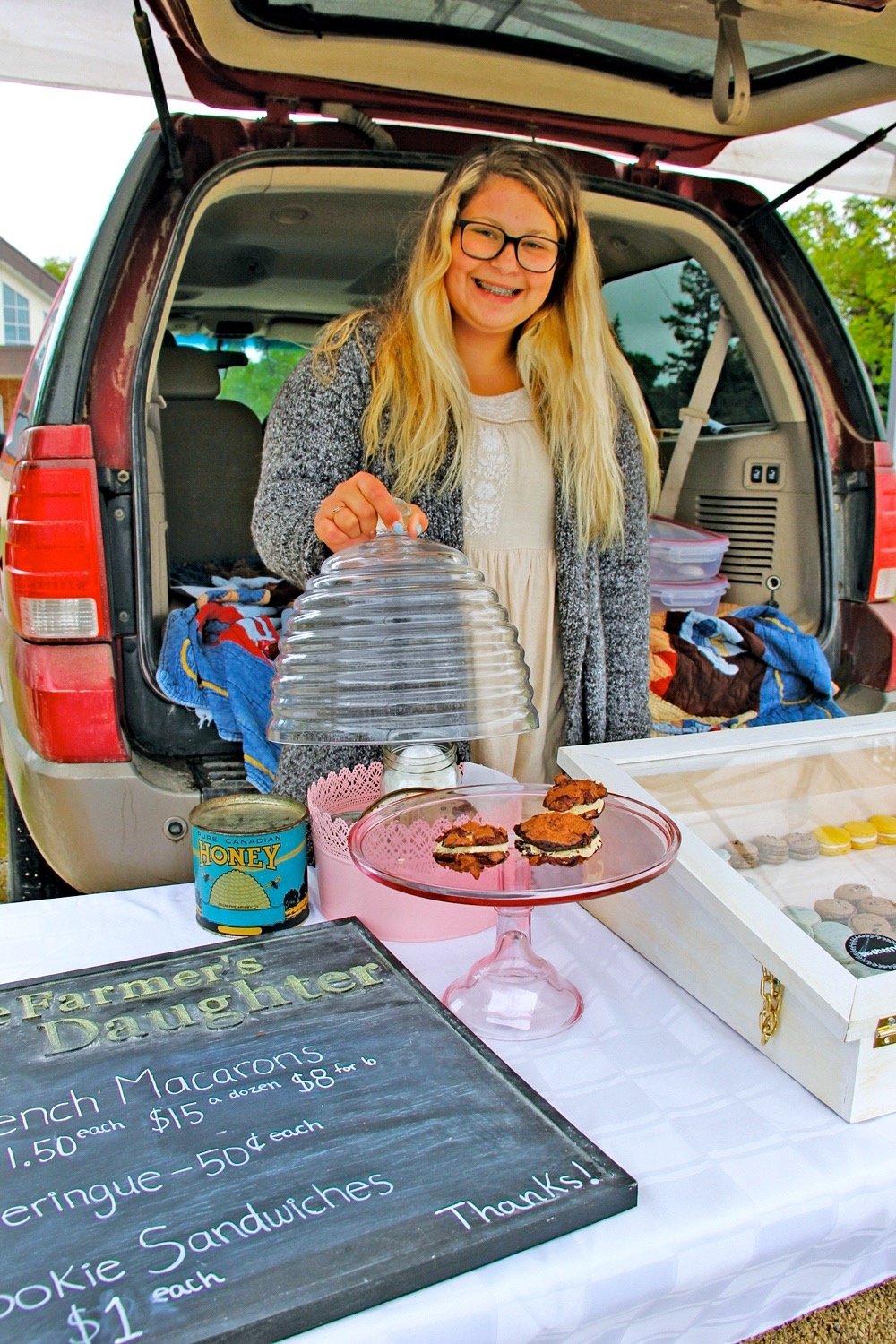A new provincial guideline for safe food preparation at community dinners should help their hosts know what the public health inspector expects, says the province’s chief public health inspector.
He also hopes the Community Dinner Guidelines now posted on Manitoba Health’s website, helps allay concerns that public health inspectors’ food safety requirements are making it too difficult to host these events, said Mike Le Blanc.
These guidelines are not difficult to meet. They’re practical and common-sense procedures for safely preparing food served to the public, Le Blanc said.
Read Also
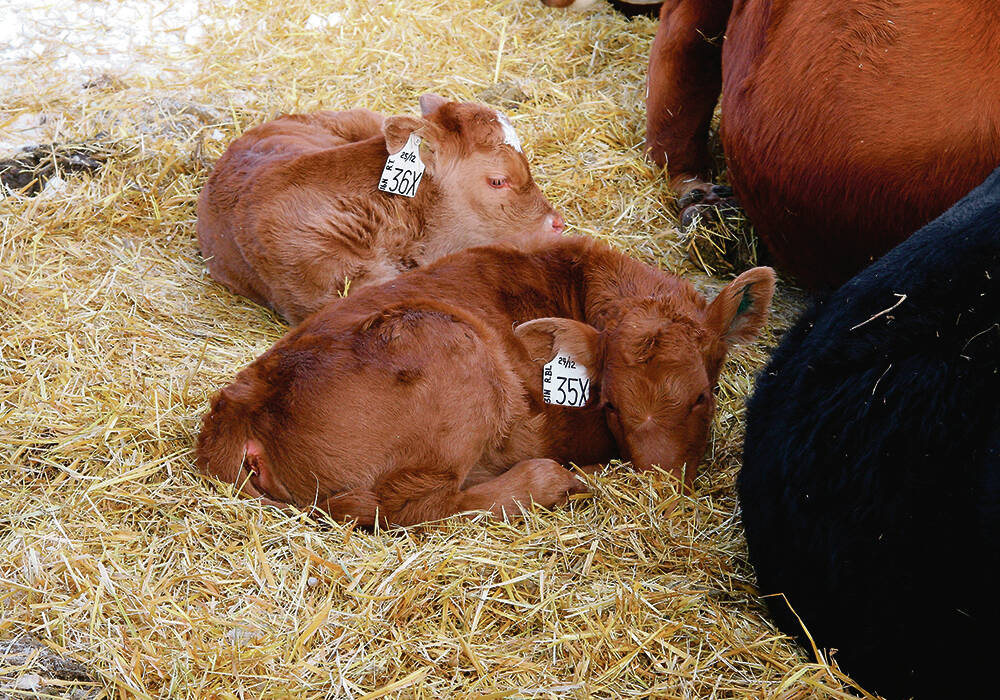
Biosecurity during calving: What’s your farm’s risk?
Cow-calf producers in Western Canada should have a well-designed biosecurity plan during calving season to reduce disease risks to the cattle herd.
“We were hearing a lot of feedback from people saying community dinners or fall suppers are really difficult to host because the rules are so strict,” he said.
“That’s why we put this out there, just to clarify things and to dispel any rumours and myths about what our requirements are.”
The document defines a community dinner as any event where non-professionally catered food is served, including church suppers, potlucks and fall suppers.
One section of the guidelines refers to where any potentially hazardous food, or ingredient — foods that contain milk, meat or poultry — should be prepared in a facility that has a food safety permit. Manitoba Agriculture has a list of these permitted kitchens on its website.
That recommendation is there because it’s generally more difficult to cook large quantities of these foods in a private kitchen and keep these foods at a safe holding temperatures, Le Blanc said.
“A commercial facility usually has better equipment for producing large volumes of food,” he said.
However, inspectors also recognize that fall supper preparation involves volunteers cooking turkeys in home kitchens and transporting them to these suppers.
“We realize there is a history of this across Manitoba for generations,” he said. “We also recognize that this goes on and we’re trying to give best advice and guidance on how to prepare it safely.”
The guidelines also lay out proper procedures for transporting hot foods — in insulated containers or wrapped in foil and heavy towels to maintain food at 60 C (140 F) or hotter — with temperatures verified with a probe thermometer and written records of measured temperatures kept.
Other recommendations in the guidelines are that at least one of the event’s co-ordinators take an approved food handler course. The guidelines also lay out proper procedures for serving prepared food, food storage, dishwashing, handling leftovers, and personal hygiene for food handlers.
Any inspector visiting one of these events is looking for things like preparers or servers touching food with bare hands, and other matters such as dishwashing procedures or foods being left too long on counters.
Foodborne illness outbreaks associated with these community dinners have been infrequent, Le Blanc said, adding that’s a sign those who host these events are doing the right things now.
“I think the fact that we don’t have them happen all that often speaks to the fact that most of these places are really following the rules already,” he said.
He said he hopes dinner hosts will familiarize themselves with the guidelines, and if they want clarification on something in them to contact their local health inspector who will be happy to answer their questions.
Phone numbers for all offices of public health inspectors are included in the document, which can be downloaded here.




